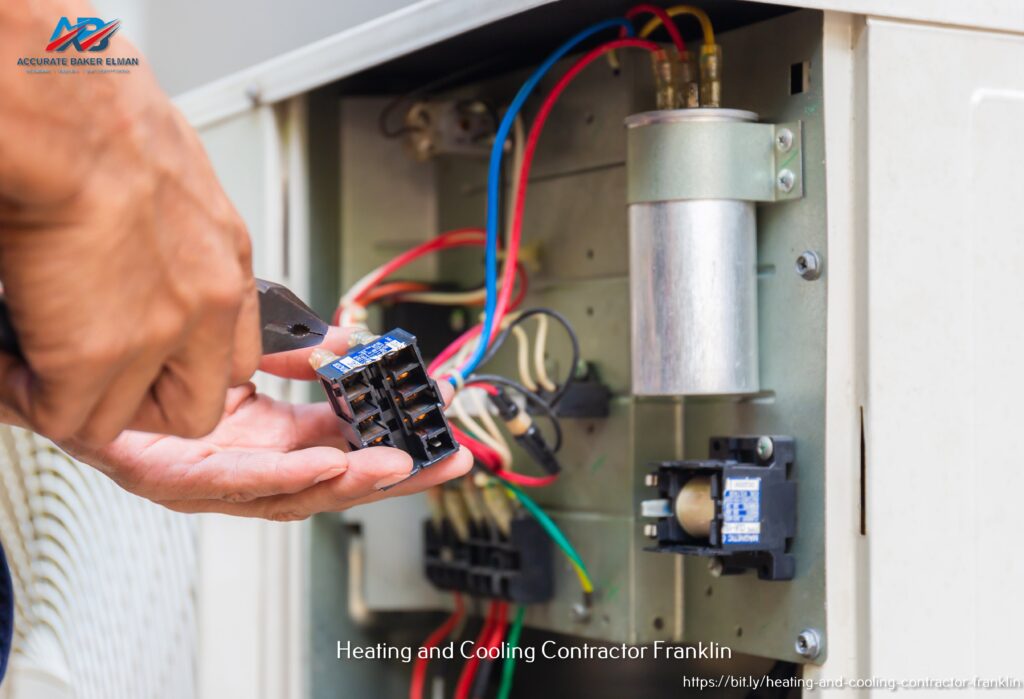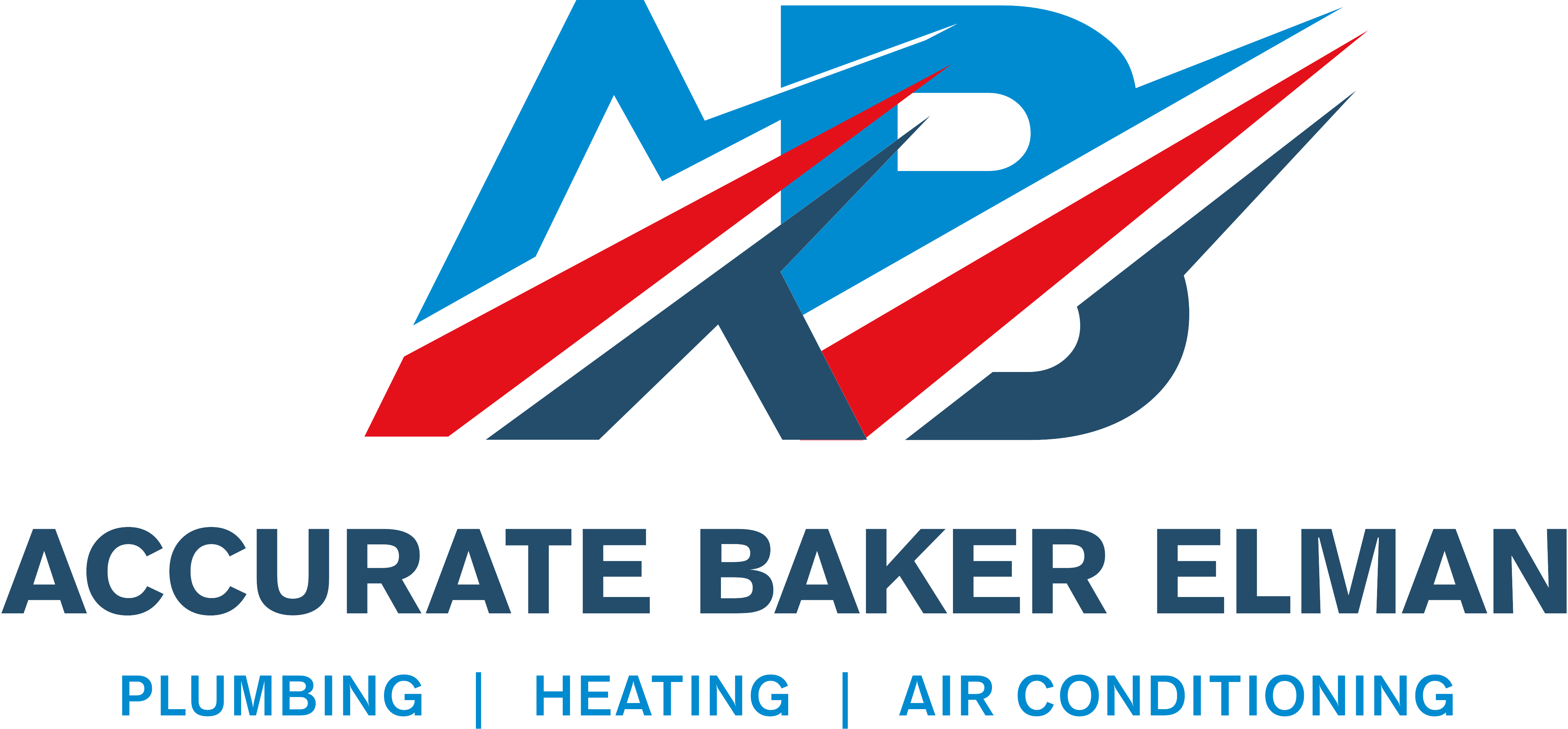As the temperatures drop and we rely more on our heating systems, it’s essential to consider their impact on indoor air quality. Poor indoor air quality can lead to various health issues, from respiratory problems to headaches and fatigue. But don’t worry; there are steps you can take to ensure your heating system isn’t negatively affecting the air you breathe.
This blog post discusses some critical considerations for maintaining indoor air quality during the colder months. From changing air filters regularly to scheduling regular maintenance appointments, we’ll cover everything you need to know to keep your home’s air clean and healthy. So if you’re an Accurate Baker Elman customer in Massachusetts looking for tips on improving indoor air quality this winter, read on!
The Significance of Indoor Air Quality
Indoor air quality measures the purity and cleanliness of the air inside enclosed spaces. Poor indoor air quality can lead to various health problems, such as allergies, respiratory issues, headaches, and fatigue. It is vital to pay attention to indoor air quality during colder seasons when people spend more time indoors.
Heating systems, commonly used during winter months, can contribute to or reduce indoor air pollution levels. Several ways to improve indoor air quality include regular cleaning and maintenance of HVAC systems, air purifiers, and humidifiers, and increasing ventilation by opening windows or using exhaust fans in bathrooms and kitchens.
Using natural cleaning products instead of harsh chemicals can also help reduce indoor air pollution levels. It is essential to take proactive measures to improve indoor air quality as it can significantly impact our overall health and well-being.
Common Pollutants Associated with Heating Systems
Heating systems can be a source of various indoor air pollutants. These include:
- Particulate Matter: Dust, dirt, pollen, and other airborne particles can accumulate in the heating system and be circulated throughout the indoor space, triggering allergies and respiratory problems.
- Carbon Monoxide (CO): Incomplete combustion of fossil fuels used for heating can lead to the release of carbon monoxide, a colorless and odorless gas that is highly toxic. It is crucial to ensure proper ventilation and regular maintenance of heating systems to prevent CO poisoning.

- Volatile Organic Compounds (VOCs): Some heating systems, especially those fueled by oil or gas, can emit volatile organic compounds during operation. VOCs can lead to eye, nose, and throat irritation and contribute to long-term health issues.
Considerations for Maintaining Indoor Air Quality
To maintain a healthy indoor environment, it is essential to consider the following factors when it comes to your heating system:
Regular Maintenance
Schedule routine inspections and maintenance for your heating system to ensure optimal performance. Regular cleaning and filter replacements can minimize dust accumulation and other pollutants. Hiring a professional HVAC technician for thorough inspections and tune-ups is advisable.
Proper Ventilation
Adequate ventilation is crucial for maintaining good indoor air quality. Ensure that your heating system is vented correctly, allowing for the expulsion of combustion byproducts, such as carbon monoxide. Consider installing carbon monoxide detectors throughout your home or office as a safety measure.
Upgrading to Energy-Efficient Systems
Older heating systems may be less efficient and more prone to emitting pollutants. Consider upgrading to energy-efficient models that adhere to environmental standards and emit fewer harmful substances. Look for systems with high-efficiency particulate air (HEPA) filters to trap airborne particles effectively.
Indoor Air Purification
Consider incorporating air purifiers or filtration systems to enhance indoor air quality further. These devices can help remove pollutants from the air, providing an extra layer of protection and improving overall air quality.
Consistent Temperature Control
Maintaining consistent temperatures can reduce the likelihood of mold growth and the proliferation of dust mites, which can affect indoor air quality. Use programmable thermostats to regulate temperatures efficiently and prevent unnecessary energy consumption.
Common Issues With Heating Systems That Can Impact Indoor Air Quality
Heating systems are crucial in maintaining a comfortable indoor environment during colder months. However, specific issues with heating systems can hurt indoor air quality. Here are some common problems that can arise:
Inadequate ventilation
Heating systems, especially those that rely on combustion (such as gas furnaces), require proper ventilation to ensure the safe release of combustion byproducts, including carbon monoxide. Inadequate ventilation or blocked vents can lead to the buildup of harmful gases indoors, posing a significant risk to occupants.
Dirty or clogged filters
Heating systems utilize air filters to trap dust, dirt, allergens, and other airborne particles. Over time, these filters can become dirty or clogged, impeding airflow and reducing effectiveness. As a result, pollutants may circulate in the indoor air, contributing to decreased air quality and potential respiratory issues.
Mold or microbial growth
Heating systems create warmth and can generate condensation, especially in areas with high humidity. If moisture accumulates within the system or ductwork, it can create a suitable environment for mold or microbial growth. As air passes through the system, these contaminants can be released into the indoor air, affecting its quality.
Leaking or damaged ductwork
Ductwork is responsible for distributing heated air throughout a building. If the ducts have leaks, cracks, or other damage, they can draw in unconditioned air from attics, crawl spaces, or basements, which may contain pollutants, allergens, or excessive humidity. This can degrade indoor air quality and reduce the system’s efficiency.
Improper maintenance
Regular maintenance is essential for heating systems to operate effectively and maintain good indoor air quality. Neglecting routine inspections, cleaning, and servicing can result in various issues. For example, a malfunctioning system may produce excessive soot or release harmful gases into the indoor environment.
Aging or malfunctioning equipment
As heating systems age, their efficiency can decline, potentially impacting indoor air quality. Malfunctioning equipment, such as faulty burners or heat exchangers, can release pollutants or combustion byproducts into the air, jeopardizing occupants’ health and comfort.
To maintain optimal indoor air quality, addressing these issues promptly is crucial. Regular professional inspections, filter replacements, and proper system maintenance can help identify and resolve heating system problems that may impact indoor air quality.
The Importance of Indoor Air Quality in Maintaining Good Health
Indoor air quality plays a crucial role in maintaining good health. Considering that we spend a significant amount of time indoors, whether, in our homes, offices, or other buildings, the quality of the air we breathe indoors can profoundly impact our overall well-being. Here are some reasons why indoor air quality is essential for maintaining good health:
Respiratory Health
Poor indoor air quality can lead to various respiratory problems. Indoor pollutants such as dust, pet dander, pollen, mold spores, and volatile organic compounds (VOCs) can trigger allergies, asthma attacks, and other respiratory conditions. Clean air free from these pollutants can reduce the risk of respiratory ailments and improve lung function.
Allergies and Sensitivities
Indoor air pollution can cause or worsen allergies and sensitivities. Common indoor allergens like dust mites, mold, and pet allergens can trigger allergic reactions and symptoms such as sneezing, itching, congestion, and skin irritation. Individuals with allergies or sensitivities can experience relief and better overall health by improving indoor air quality and reducing allergen levels.
Asthma Management
For individuals with asthma, maintaining good indoor air quality is crucial. Poor air quality can trigger asthma attacks, leading to symptoms such as coughing, wheezing, chest tightness, and shortness of breath. By reducing exposure to asthma triggers like dust, pollen, smoke, and chemical irritants, indoor air quality improvements can help manage and control asthma symptoms.
Productivity and Cognitive Function
Clean indoor air can enhance productivity, cognitive function, and overall well-being. Studies have shown that high indoor pollutants can impair cognitive performance, attention span, memory, and decision-making abilities. On the other hand, good air quality with proper ventilation can improve cognitive function, alertness, and concentration, benefiting both work and learning environments.
Long-Term Health Effects
Prolonged exposure to indoor air pollutants can have long-term health effects. Specific contaminants, such as asbestos, lead, radon, and VOCs, have been linked to severe health conditions, including respiratory diseases, cardiovascular problems, cancer, and neurological disorders. Ensuring good indoor air quality can reduce the risk of these long-term health effects.
To improve indoor air quality, it is essential to take measures such as regular cleaning and dusting, controlling moisture and humidity levels, adequate ventilation, proper filtration, and air purification, minimizing the use of toxic chemicals, and avoiding smoking indoors. Consulting with professionals and following guidelines for maintaining healthy indoor environments can significantly contribute to overall health and well-being.
Conclusion
When maintaining indoor air quality, your heating system is an essential factor to consider. Keeping your system clean and well-maintained can ensure it operates efficiently and effectively while minimizing the risk of pollutants and allergens circulating throughout your home or business. At Accurate Baker Elman in Massachusetts, we take pride in offering top-quality heating services to our customers, including maintenance, repairs, and installations. Whether you need routine maintenance or want to upgrade to a more efficient system, our team has the knowledge and expertise to help. Contact us today to learn how we can help you maintain optimal indoor air quality through proper heating system considerations.

